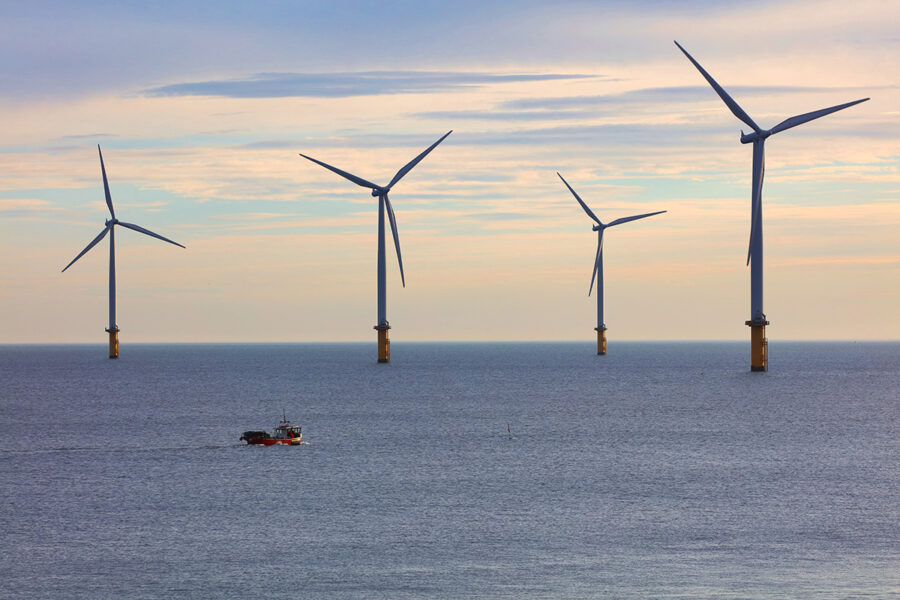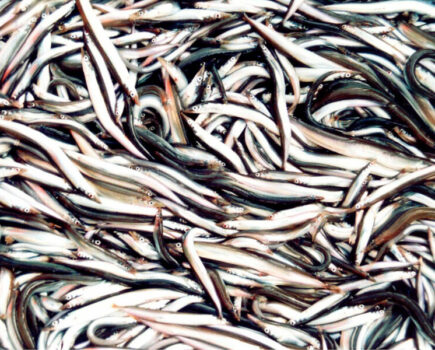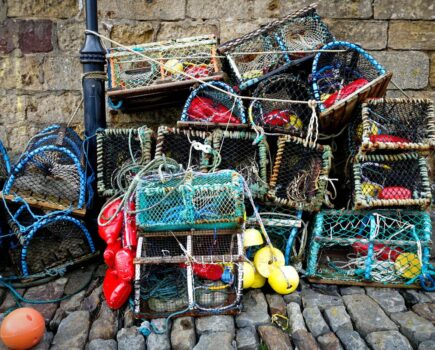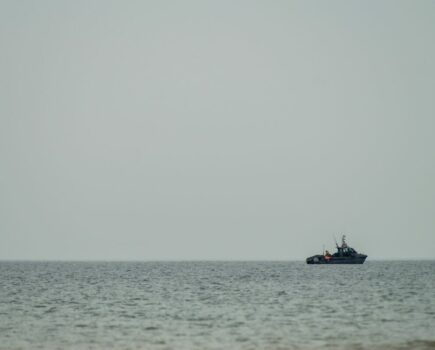A new consultation has appeared on the UK government website on measures designed to streamline the timetables for consent for offshore wind developments. The proposals suggest that ‘damaging’ wind farm developments could be compensated for by designating additional new MPAs elsewhere.
The consultation appears to have been opened on 8 February, without any formal announcement to stakeholders that FN is aware of – Mike Cohen, chief executive of the NFFO, confirmed that the federation had had no notification of this consultation.
He told FN: “What we need most of all is clarity. There are alarming implications in this proposal, of which we had no prior warning. We have repeatedly highlighted the extent to which fishing is being squeezed out of our seas. What appears to be suggested here could accelerate that process even further.
“The consultation document refers to the ‘polluter pays’ principle: whoever causes environmental harm should bear the cost of rectifying it. This looks like the exact opposite: offshore developers allowed to cause harm, while fishing businesses and fishing communities are made to pay for it through new restrictions.
“This government has claimed to value the UK’s food producers and to take the nation’s food security seriously, yet time and again we see measures like this that have the potential to undermine both.”
The federation was seeking an urgent meeting with Defra officials to clarify the situation as we went to press. Mike Cohen added: “Hopefully what we learn from Defra will provide some reassurance. If it does not, then the promises we have been made will look increasingly hollow.”
A Defra spokesperson said: “The Offshore Wind Environmental Improvement Package plays a fundamental role in building an effective system that not only helps accelerate offshore wind deployment, but also ensures our marine environment is protected.
“Our consultation on updated policies to inform guidance for environmental assessments in Marine Protected Areas is ongoing. All stakeholders, including fishers, are invited to take part and feed in their views on how we approach addressing impacts on the marine environment.”
‘Compensation for unavoidable impacts’
The consultation – available at: bit.ly/3TcGr9v – contains two documents, plus a detailed response form, with 26 questions.
Whilst the language and jargon used in the documentation are all but impenetrable to a non-technical reader, we got out our dictionary at FN, and tried to make sense of it.
And if our translation into intelligible English is correct, it does not look good at all for the fishing industry.
The consultation relates to the need to speed up installation of offshore wind. Currently 14GW is installed, with a further 36GW in the pipeline. If the UK is to meet its binding targets for emissions reductions, all 36GW needs to be operational in the next six years.
At the moment, that simply isn’t going to happen. Realising this, the government has approved what it is calling the Offshore Wind Environmental Improvement Package, part of a much wider-reaching British Energy Security Strategy.
The improvement package appears to suggest that offshore wind developers could speed up deployment of wind turbines, with a faster consent process, whilst still maintaining protection for the marine environment.
So far, so good. Cutting red tape, reducing costs, protecting the environment – what’s not to like?
The consultation itself, says the introduction, is about looking at ‘policies that support updated guidance for currently carrying out environmental assessments in relation to Marine Protected Areas (MPAs)’ and ‘next steps in reforming legislation that underpins MPA assessments to help streamline decision-making for offshore wind applications’.
The main discussion, however, centres around environmental compensation.
If a wind farm will unavoidably damage the marine environment, then the developers can ‘compensate’ for this by protecting other areas. This works on land – if you want to build a factory for strategic reasons in one place, you can go and buy a similar-sized field somewhere else and rewild it. In the sea, this is more difficult.
The document says that under current guidelines, building a wind farm in an MPA would require, as compensation, a similar area to be designated as an MPA elsewhere. This would be expensive and time- consuming.
Instead, Defra suggests, compensation can be ‘paid’ by creating new MPAs – especially if the way to do this can be speeded up.
In their words, this will involve ‘work to designate and/ or extend Marine Protected Areas in English waters in order to compensate for unavoidable impacts to the seabed’.
There are already 374 MPAs across the UK, 178 of these in English waters, covering some 40% of the seabed. The designation process is lengthy, documenting key features that need protecting, and assessing their state – in law, by 2042 70% of these features have to be in ‘favourable condition’, with the other 30% ‘recovering’.
In essence, the consultation suggests simplifying this process to allow further designations that will ‘compensate’ for any wind farms being built elsewhere that are deemed to have a negative impact on the marine environment.
The documents talk about stakeholders, but a word search failed to find the words ‘fisheries’ or ‘fishing’ anywhere in either document. The fishing industry, apparently, is not a stakeholder when it comes to compensating for environmental damage caused by offshore wind.
By Andy Read, Editor, Fishing News
This story was taken from the latest issue of Fishing News. For more up-to-date and in-depth reports on the UK and Irish commercial fishing sector, subscribe to Fishing News here or buy the latest single issue for just £3.50 here.
Sign up to Fishing News’ FREE e-newsletter here.








